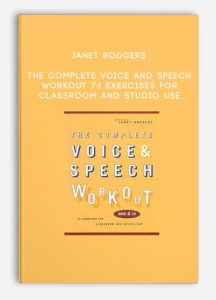
Janet Rodgers – The Complete Voice and Speech Workout: 74 Exercises for Classroom and Studio Use
Description:
[(1 ebook (PDF) + (1 CD – 19 MP3)]
Potent and empowering voice exercises by the master teachers who devised them! One of the constants that any actor, director or theater teacher needs is a strong vocal warmup. This valuable, first-of-its-kind resource contains 75 exercises for both solo and group work, contributed by some of the best professionals in the world. There is a brief description of the history and purpose of each exercise followed by the exercise itself. The Voice & Speech Workoutcomes with a training audio tracks that will be especially helpful to the student or theater professional working alone. Here master teachers run through each exercise in real time (leaving enough time for response). Among the contributors are such important voice teachers as: Frankie Armstrong, Mary Corrigan, Marian Hampton and Dorothy Runk Mennen. The exercises are divided into nine different areas: Getting to Know Your Voice; Stretching, Centering, Releasing, Aligning; Breathing and Supporting; Making Sound (Resonance and Articulation); Exploring Pitch; Projecting and Calling; Integrating Voice, Breath and Text; Integrating Voice and Movement; Exploring Character Voices and Dialects.
Editor Janet Rodgers is past president of the Voice and Speech Trainers Association and an associate professor of theater at Virginia Commonwealth University.
The audio is accessed online using the unique code inside each book and can be streamed or downloaded. The audio files include PLAYBACK +, a multi-functional audio player that allows you to slow down audio without changing pitch, set loop points, change keys, and pan left or right.
Self Help – Self Help online course
More information about Self Help:
Self-help or self-improvement is a self-guided improvement—economically, intellectually, or emotionally—often with a substantial psychological basis.
Many different self-help group programs exist, each with its own focus, techniques, associated beliefs, proponents and in some cases, leaders.
Concepts and terms originating in self-help culture and Twelve-Step culture, such as recovery, dysfunctional families, and codependency have become firmly integrated in mainstream language.
Self-help often utilizes publicly available information or support groups, on the Internet as well as in person, where people in similar situations join together.
From early examples in self-driven legal practice and home-spun advice, the connotations of the word have spread and often apply particularly to education, business,
psychology and psychotherapy, commonly distributed through the popular genre of self-help books.
According to the APA Dictionary of Psychology, potential benefits of self-help groups that professionals may not be able to provide include friendship,
emotional support, experiential knowledge, identity, meaningful roles, and a sense of belonging.


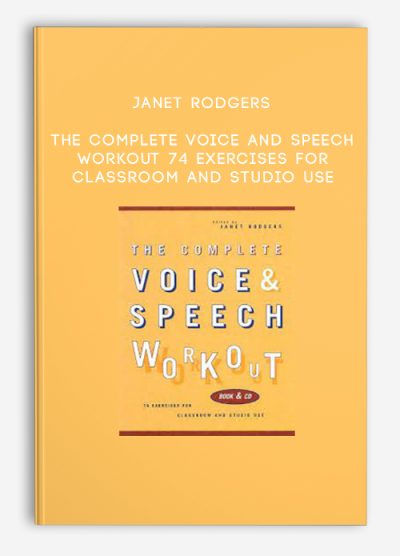




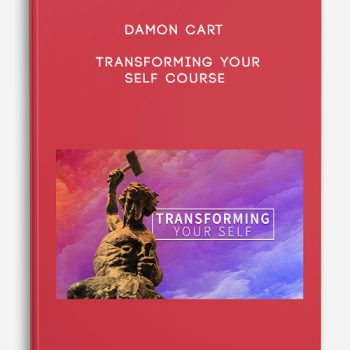
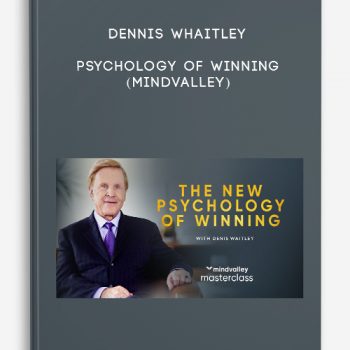
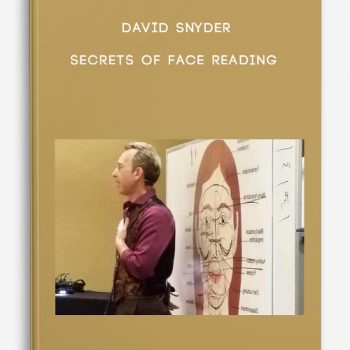

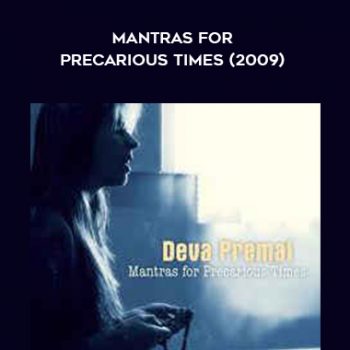

tristian –
This is Digital Download service, the course is available at Vincourse.com and Email download delivery.